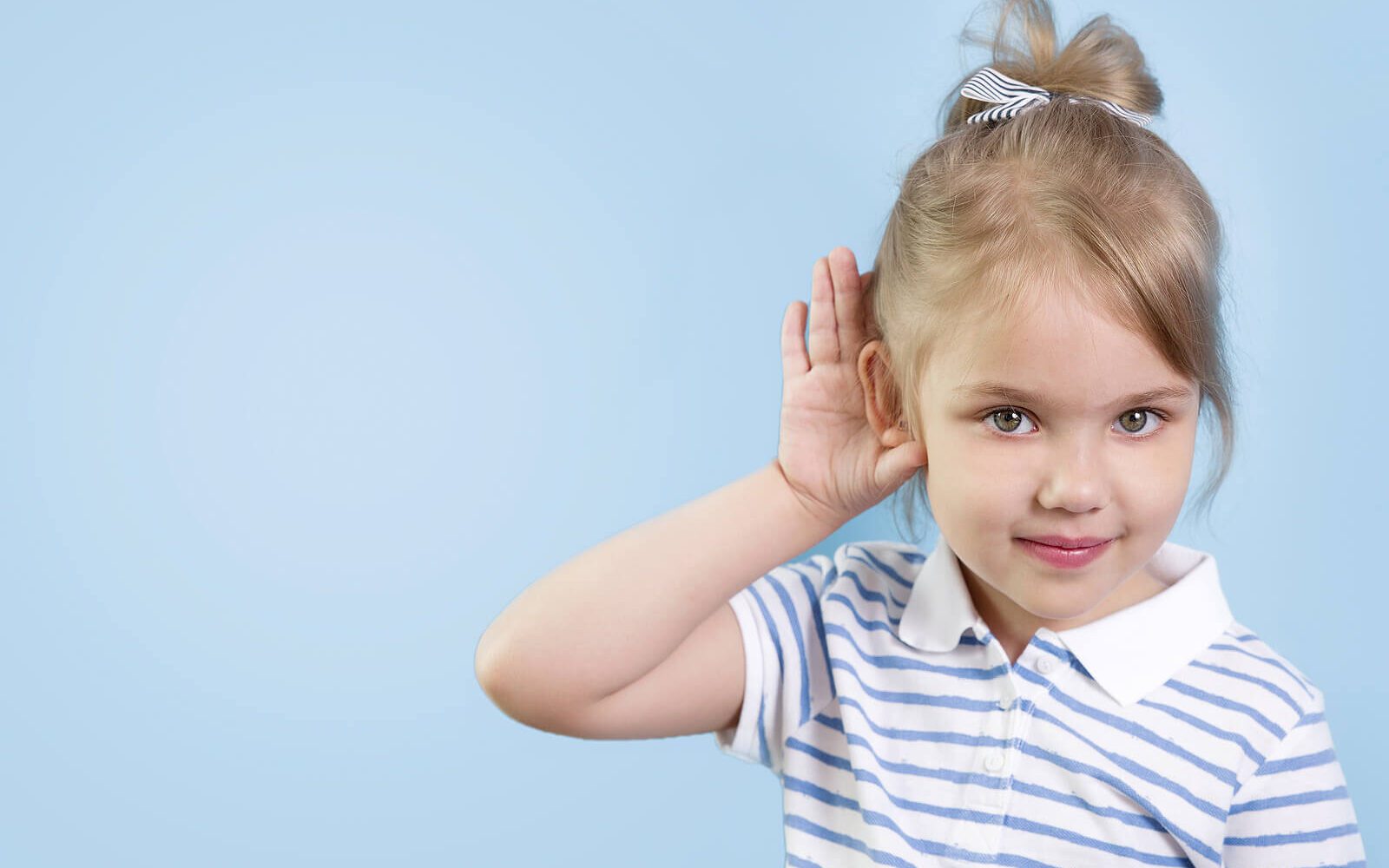All About Bluetooth Hearing Aids
Do you remember the hearing aids your parents or grandparents used to

By: nick | April 13, 2023
Noise pollution is a significant concern for all ages, but it can be particularly harmful to children and teens. From busy city streets to noisy schools and crowded shopping centers, young people are exposed to damaging noise levels on a regular basis. In this blog post, we will explore the harmful effects of noise pollution on children and teens, and provide some practical tips for protecting them from the negative consequences of excessive noise exposure.
Noise pollution refers to any unwanted sound that is generated by human activities. It can come from a wide range of sources, including traffic, construction sites, airports, factories, and even recreational activities like music concerts and sporting events. Noise pollution can be categorized into three types: industrial noise, transportation noise, and neighborhood noise.
Industrial noise comes from factories and construction sites, and can have a significant impact on the health of nearby residents. Transportation noise includes sounds generated by cars, trains, and airplanes, and can affect people who live near busy roads or flight paths. Neighborhood noise refers to sounds coming from everyday activities like lawn mowers, power tools, and even barking dogs.
Noise pollution can have both physical and psychological effects on children and teens. Exposure to loud noise levels over a prolonged period can cause permanent hearing loss or tinnitus. Children and teens are particularly vulnerable to noise-induced hearing loss because their auditory system is still developing.
Apart from hearing loss, excessive noise exposure can cause psychological effects such as stress, anxiety, and irritability. This can lead to behavioral problems and difficulties with concentration and learning. A study by Cornell University showed that children who are exposed to high levels of noise during the day have lower reading scores and are more likely to develop attention deficit hyperactivity disorder (ADHD).
Awareness and education are the first steps in protecting children and teens from noise pollution. It’s important to teach them about the dangers of loud noise exposure and encourage them to take steps to protect their hearing. Here are some practical tips for reducing the negative effects of noise pollution on young people:
Earplugs and earmuffs are effective tools for protecting children and teens from harmful noise exposure. Earplugs are small, soft inserts that fit into the ear canal to reduce the volume of sound entering the ear. Earmuffs, on the other hand, are protective devices that cover the entire ear and block out unwanted noise. There are many different types of earplugs and earmuffs available, including those designed specifically for children.
Another way to protect children and teens from damaging noise is to limit their exposure to loud noises. This can be achieved by reducing the volume of electronics like televisions, music players, and video games. Parents can also choose to live in neighborhoods with lower levels of noise pollution, or select schools and other public places that prioritize noise reduction.
Finally, parents and caregivers can advocate for policy changes at the local and national level to reduce noise pollution. This can include supporting initiatives to reduce traffic congestion, improve public transportation, and limit the use of noisy equipment in residential areas. By advocating for these changes, we can create a safer and healthier environment for our children and teens.
In conclusion, protecting children and teens from damaging noise is a crucial task for parents and caregivers. Noise pollution can have lasting physical and psychological effects on young people, so it’s important to take steps to reduce their exposure. By using earplugs and earmuffs, limiting exposure to loud noises, advocating for policy changes, and creating a quieter environment through the design of buildings and public spaces, we can help protect our children’s hearing and overall health.
If you or a loved one is experiencing hearing loss, don’t hesitate to seek treatment. Our hearing practice offers a wide range of services to help improve your hearing and overall quality of life. Contact us today to schedule a consultation and take the first step towards better hearing.

Do you remember the hearing aids your parents or grandparents used to
By: admin | August 7, 2022

Do you ever find yourself at the end of a long day only to be confronted
By: admin | August 7, 2022

How Common is Hearing Loss Many people might be shocked to learn how
By: admin | June 22, 2022
